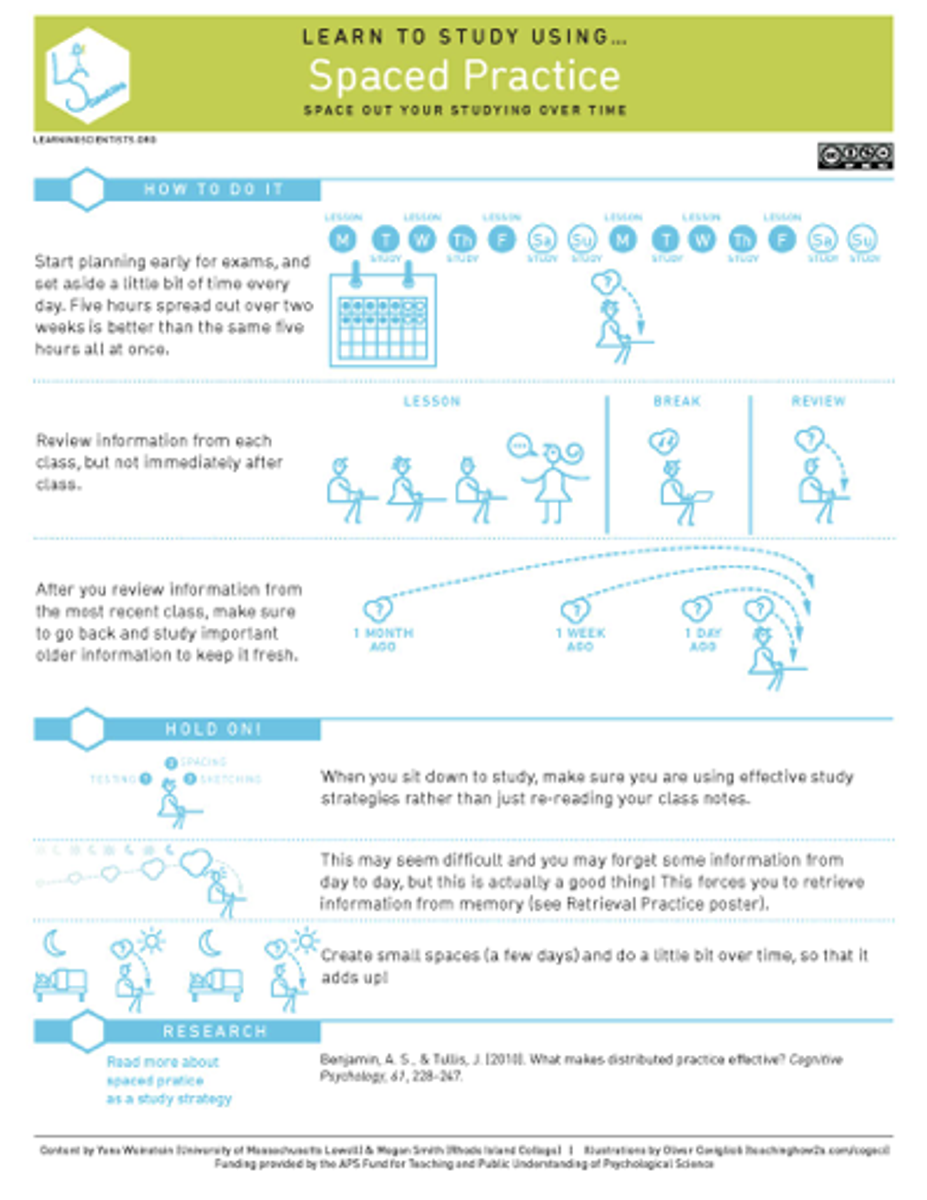From the Director of Studies

Online Learning - Full Steam Ahead
After the first week of Online Learning, students have reported that they are making good progress with their courses although they are missing their friends and teachers.
What does Online Learning look like?
Teachers are using a range of tools to engage with students online:
- Google Classroom is the central Learning Management Tool. Students register their attendance at the beginning of the lesson. Google Classroom enables students to access learning materials for the lesson, to respond to questions and interact with other students, to complete and submit classwork and to receive teacher feedback about their classwork.
- Online Tutorials are used by teachers in a range of courses to demonstrate important concepts and introduce new ideas.
- Video Conferencing is also used by teachers mainly in the Senior School to provide for discussions about the work being studied.
What are the challenges of Online Learning?
Pace and workload
Since students learn differently, some students will find that they will move quickly through the work and be finished well before the end of the online lesson whereas other students find that they get bogged down in the details and find it difficult to get through the lesson. If pace is a problem for students they can:
- Begin the lesson by making a checklist of things they need to complete during the lesson and tick them off as they go
- Keep a clock nearby to help them pace themselves through the lesson
- - Go back and add detail to their answers if they are finishing too fast.
- Contact their teacher to let them know that they are struggling to get through the content
Volume of Communication
One of the challenges in a virtual learning environment is that there is more written information for students to read. In classrooms, students are used to listening to teachers and asking questions to clarify instructions. This is not the case in an online environment when a student is sitting reading information. Students may find themselves becoming overwhelmed with information or disengaging because they don’t fully understand what they need to do. There is also much more email traffic which can bog students down. Here are some suggestions for managing communication:
- Have specific times in the day when you read through emails and try to get through them quickly. As you read through emails, file them by setting up folders and dragging emails to specific folders after you have read them. If an email is important and requires a response, flag it, finish reading your emails and then come back to that email so you can respond to it.
- Read instructions carefully, highlight and write down instructions. Teachers have commented on the fact that students are sending them emails asking questions about information already contained in instructions. While in class it is easy to raise your hand and ask for information to be repeated or clarified, when sending an email, it requires typing the question, waiting for a response and then processing that response. Instead, it might be useful to use the computer’s highlight function to highlight key words and to write down instructions in your own words.
- Allow processing time. Especially for assessment instructions, allow time to read over instructions several times and process key information.
- Get away from the computer. You will work faster if you have a short break.
Distractions and multitasking
Unfortunately, there are so many more distractions when working online. The fridge is always calling. Friends might be sending texts. The Xbox is too close. Some students convince themselves that they can multitask and still get everything done when, in fact, multitasking is a myth. The more things students are working on at the same time, the slower they work on each task and the less they will remember.
- Work on one task at a time
- Keep mobile phone and social networking apps away from the workspace
- Have a time to take a break and do all those things that would otherwise be distractions. If time is scheduled in to text a friend or communicate with others, there will be less FOMO.
Surface versus Deep Learning
One of the challenges for our students in an online context is for them to process and deepen their understanding. While teachers are building reflection activities into their work, the most difficult experience to replicate in an online environment is that connection between teachers and students as they reflect on and process their learning.
In the classroom, one question from a student can lead the class in a completely different direction in consolidating class content with the teacher and other students providing relevant explanations and experiences to reflect on the content. Retrieval practice is also built into every lesson with teachers beginning a lesson by encouraging students to recall learning from previous lessons and ending the lesson by drawing together their learning intention before the end of the class.
In order to deepen their understanding, students are encouraged not just to approach their work as a to-do list. Four things students are encouraged to do are:
- Study is still important!! Make and revise notes on key concepts to practice retrieving information
- Have a specific way of summarising
- Reflect on the most important things they have learned in their lessons
- Consider the broader connections of their study and how they relate to the “real” world
NESA News: 2020 HSC is going ahead!
Early this week, the NSW Education Standards Authority (NESA) made the commitment that, despite the challenges caused by COVID-19, the HSC is going ahead in 2020. In its press release, NESA’s message to all HSC students was that:
- We know you are worried. While we recognise we are facing an unprecedented situation, we want to assure you that you will be able to get an HSC certificate this year and that the certificate will facilitate access to university, further education and employment, as it has for students over the past 50 years.
- Keep learning, do your assessments as advised by your school, make progress on your major projects where you can and, most importantly, look after yourself, whether you are at school or at home. Reach out to family, friends and your teachers if you need to.
- If you get sick, your school and NESA have provisions to ensure you are not disadvantaged.
NESA also indicated that principals will have the power to make decisions about the number and weighting of HSC formal assessment tasks for their school in 2020. The Board affirmed its complete trust in principals and teachers. Professor Shergold suggested that “This action provides schools with the flexibility they need to support their students in the context of the COVID-19 outbreak.”
In line with this, the College has made a number of significant changes to our HSC assessments and content delivery. Rather than cancelling or putting off assessments, the College has decided to change the nature of a number of tasks so that students can still complete them. This is in keeping with practices in other schools and, while there is some pressure on students caused by changing the nature of the tasks, it reduces the long-term stress on students. If the College cancelled assessments, the weighting of the remaining tasks would be larger or, if tasks were delayed, there would then be many more assessments in a much shorter timeframe. Each of these outcomes would be tought??? Students this year, the College and all our HSC teachers are committed to helping our students make the most of the year and achieving their goals.
Contingency Plans - Assessment Tasks
In responding to the recent difficulties presented by the Coronavirus, KLA Coordinators have worked with their teaching staff to reformat assessments for the remainder of Term 1. Although it is our hope that school returns to normal as early as possible next term, we have prepared an alternative assessment program for the rest of the term including a “virtual examination” program.
Although many hand-in assessment tasks will be exactly the same, there are a number of tasks that will look significantly different in an online environment. In many cases, teachers have come up with inventive new ways to assess students’ understanding and skills.
For a full list of assessment tasks over the next term, please see our updated:
Students can also see their assessment dates on Sentral and KLA Coordinators will send students all Assessment Notifications via email.
Differentiation is still occurring for students who need assessment tasks adjusted to meet their learning needs. The Learning Enrichment Department has its own Google Classroom designed to assist students with their assessments.
Lack of access and remote students – tasks have been sent out for students who have no access to the internet or who live in remote locations (and different time zones).
Academic Care
Our Academic Coordinators have been working hard behind the scenes to ensure that students are prepared for the academic rigours of online schooling. Some of their initiatives include:
Academic Care Newsletter – this is a newsletter sent to all students Year 7 – 12 with key information and articles designed to help them with their studies.
Academic Google Classroom – each year group has its own Academic Google Classroom which contains information provided by the Academic Coordinators around study, goal setting, HSC strategies and a range of other important information.
Wednesday PC – while students are away from school, PC lessons on Wednesday are still progressing. Our Academic Coordinators are addressing students through online methods and presentations.
Check-ins – our Academic Coordinators are checking in each week with selected students to see how they are coping.
Study Tips
This study tip comes from The Learning Scientists. You can find a good summary of their main study tips on: https://www.learningscientists.org/videos
Spaced learning – by spacing out your revision and study of key concepts, you can achieve much more than by cramming.
Mr Riccardo Bombardiere
Director of Studies
Handwriting Club
It was with great enthusiasm that a select number of Year 7 boys participated in the first week of the extra-curricular handwriting support group. With a program uniquely designed by Dr Lin Meeks (director of Ants in the Apple Pty Ltd. and literacy expert), remediation was provided and delivered.
These students represent the initial trial group for St. Gregory’s College and it is hoped that, with time, we can extend the offer of support to more students across more year groups.
Despite of our current, unique situation, handwriting remains an integral part of the learning process, yet is consistently cited as being an issue for many within our community. In an era where there seems to be an ongoing battle between the keyboard and the pen, the pen still proves mightier because of its relationship to deeper learning opportunities.
Recent neuroscientific research into the topic found that drawing each letter by hand substantially improves subsequent recognition, and in a learning landscape where working memory is already overloaded, such automatic recognition is of paramount importance.
Ordinarily, the boys would have had two sessions per week with guided activities and tasks. Having checked in with the selected students in our remote learning capacity it appears that they are continuing with their work and are diligently making every effort to work on letter formation and letter accuracy.
Mrs Lee Ursino
Senior School Academic Coordinator
(Years 7 & 8)



